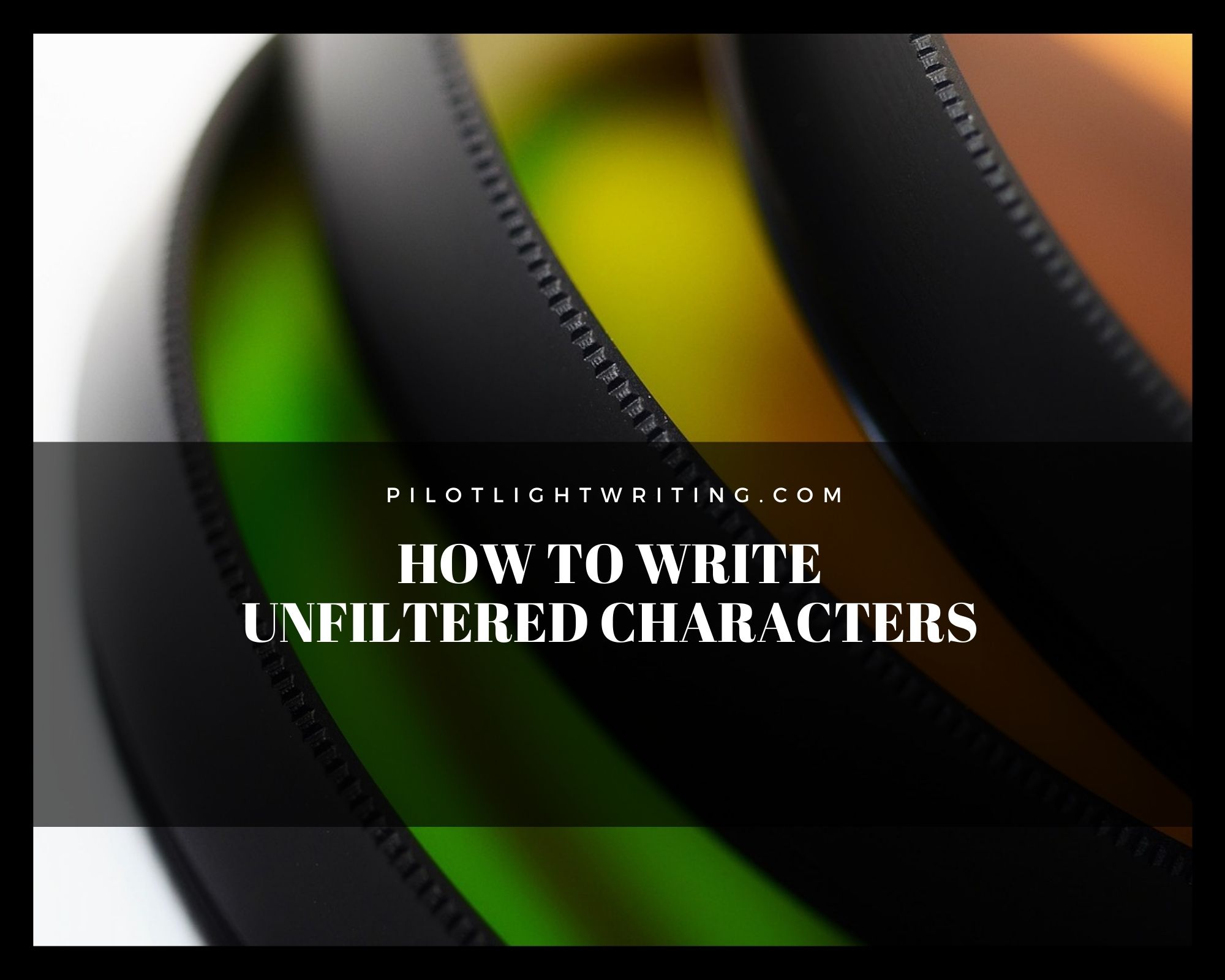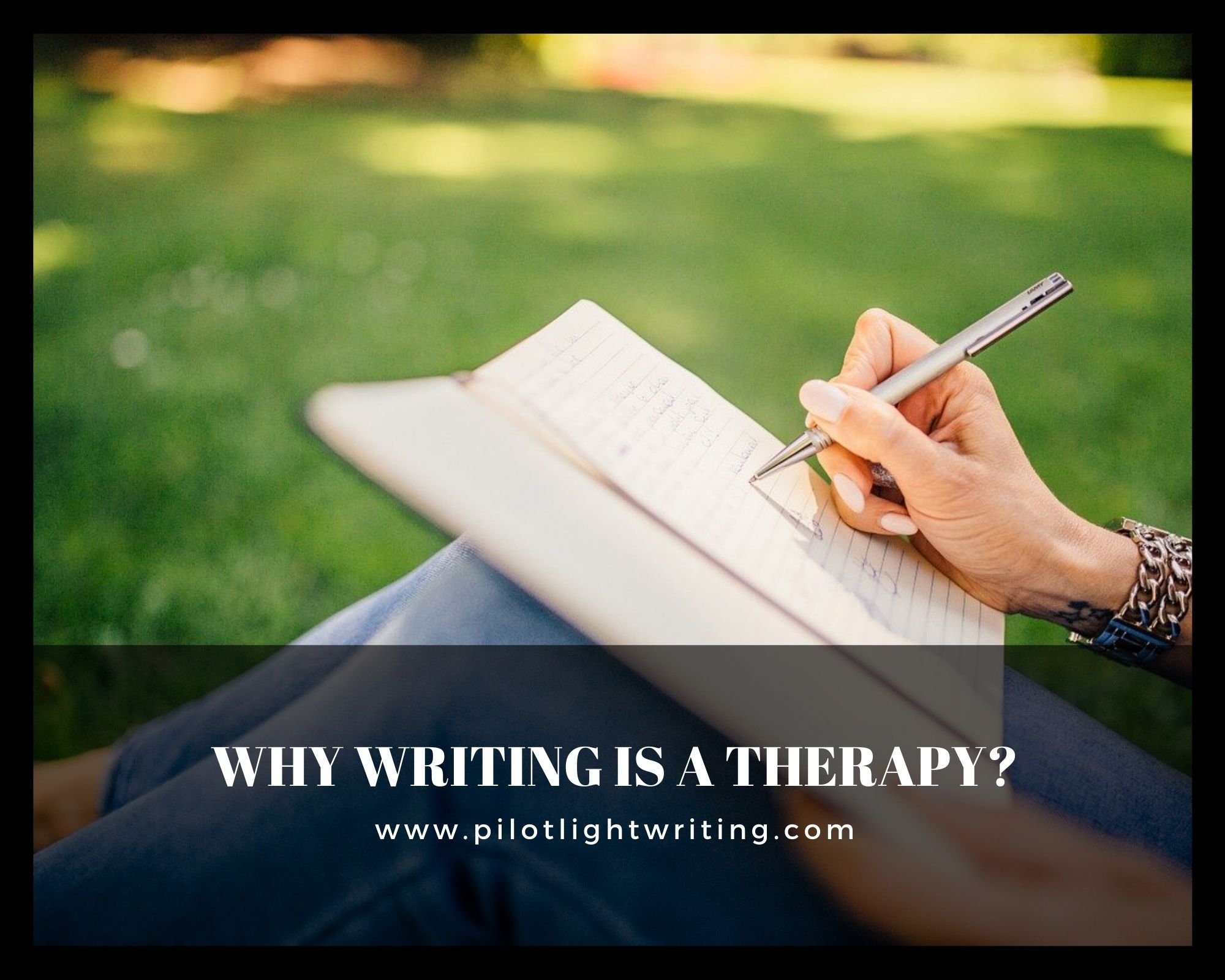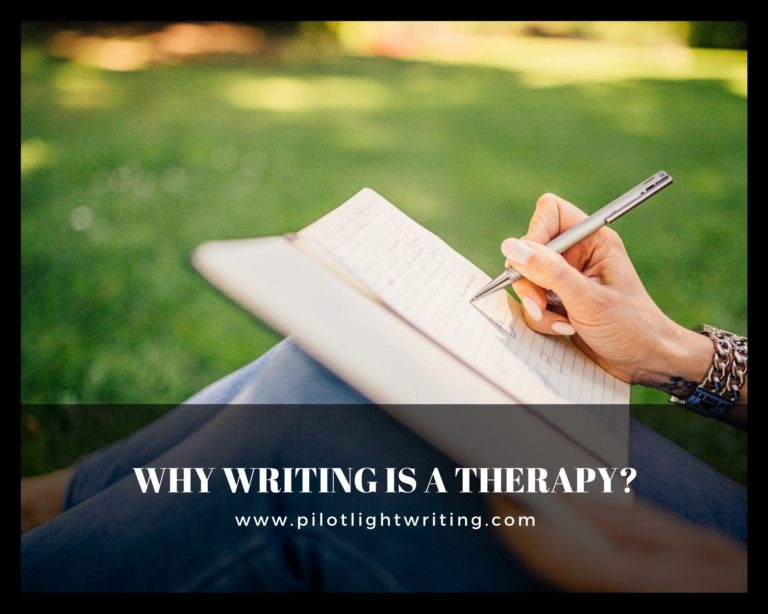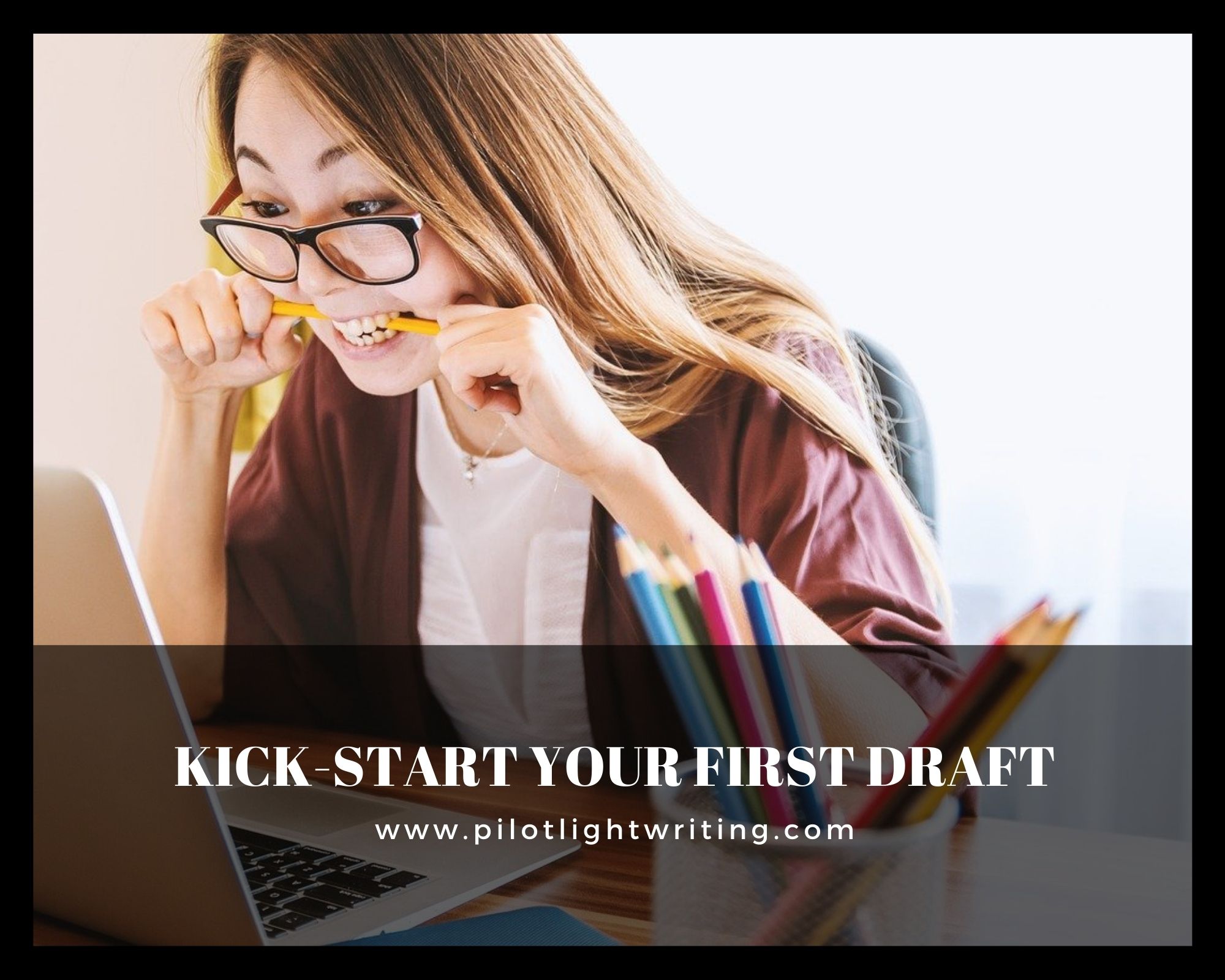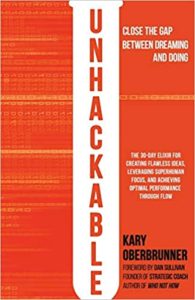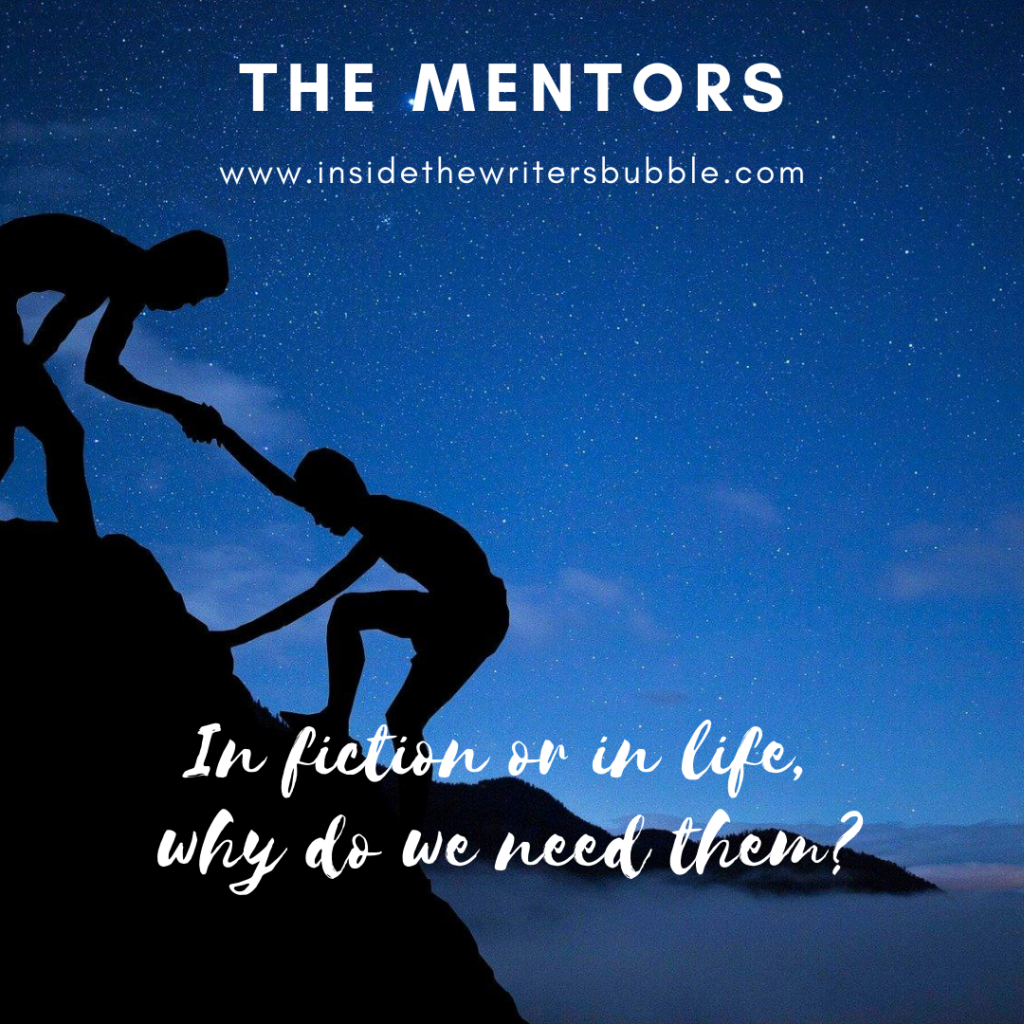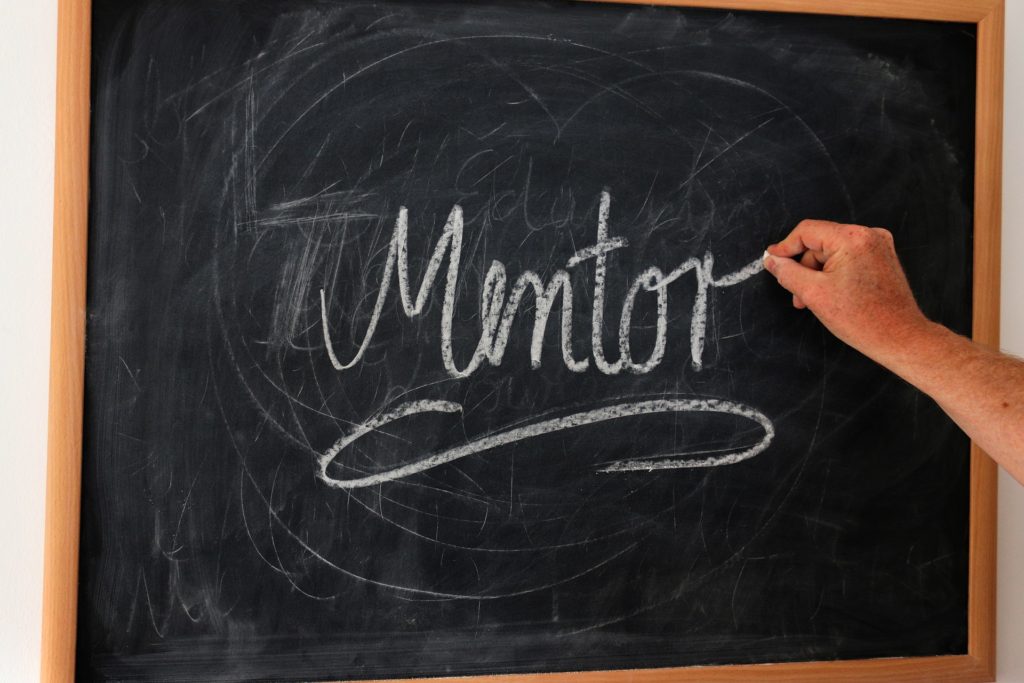Came the day where I had to stand in front of my own students. I remember having the urge to give them everything I knew and to warn them about all the traps they needed to avoid.
Once, we talked about this young American man called George. He wrote a story about evil and good and a force within each of us. The filming was chaotic, the budget kept shrinking.
When the filming was done, some people even laughed at him when he showed them the first footage. George was feeling very low. When the film was finished, the distributor released it on the day where no one went to the cinemas.
The world was against him… yet he felt the force, telling him to TRUST.
Against the odds, millions of people rushed to watch George’s movie.
Forty three years later, the film is a cultural phenomenon. George was right.
Trust yourself. You have the answers to your questions. Mentors are here to enlighten the possible paths for you, but you are the one who decides. Of course, you’ll make mistakes along the way, as well as I’ll make mistakes and your mentors will make mistakes but it’s the only way to grow, to learn and to become better at what we do.
Example in fiction: Luke Skywalker once hero… then mentor, just like you.
Good luck my friends!
To my mentors: Lucy V. Hay (writer and goddess), Kary Oberbrunner (my amazing and inspiring co-writer), Sally Bibb (friend and Ace card), Phil Clarke (Ace card), Sara McDermott Jain (Ace card), Elinor Perry-Smith (Ace card), my soul sister Joy, my brother-in-law Dan (who catches me when I fall), my accountability partner Anne, my great students, my lovely children, Yves Lavandier (master of craft), Linda Aronson (master of craft), Sarah Treem (model), Damon Lindelof (model), and of course Yoda (favorite character).
Thank you all for inspiring me and guiding me on my journey.
